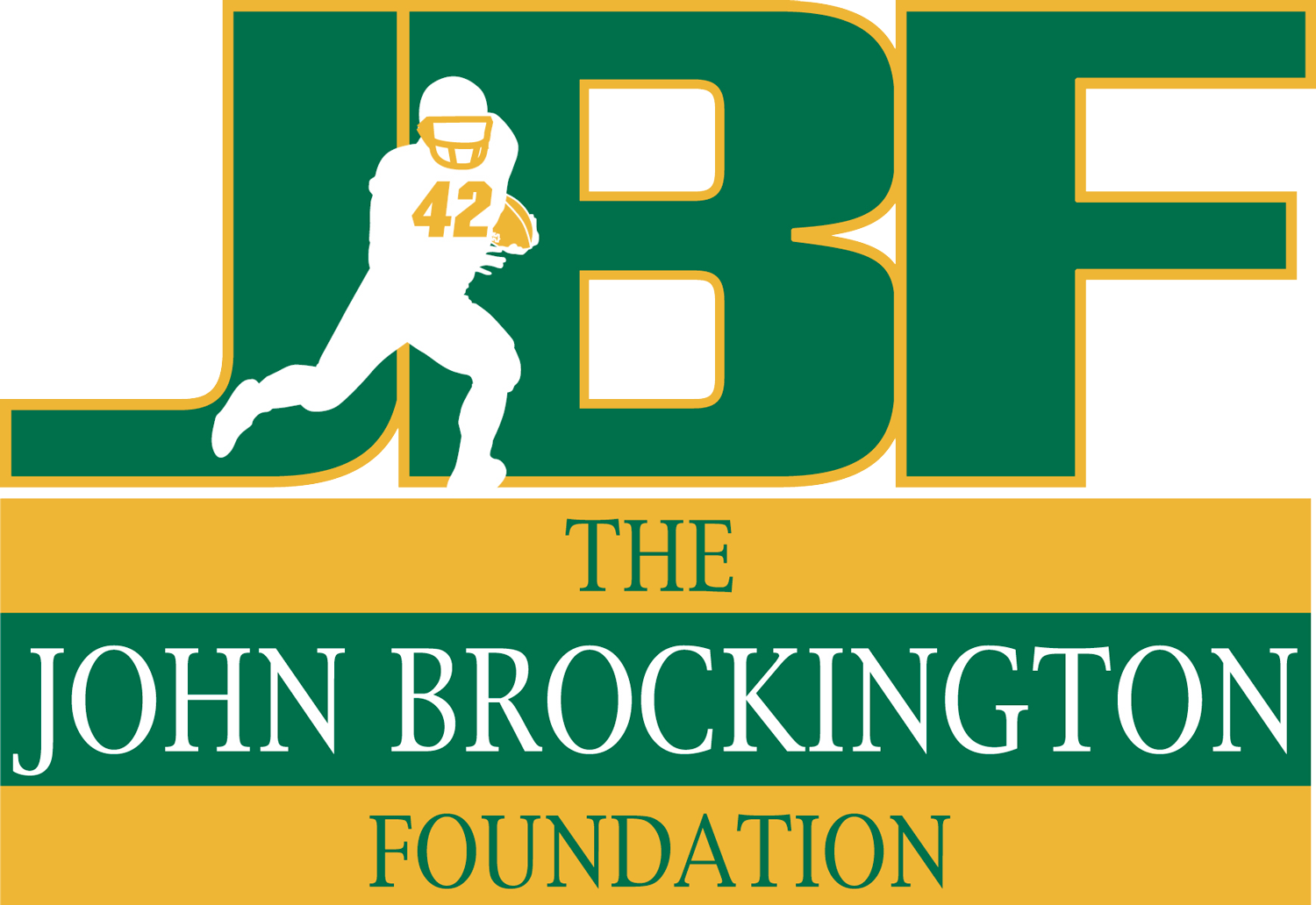Frequently Asked Questions about donating/receiving an organ:
Are there any people who can't donate organs?
Virtually all people of all ages are potential donors. However, organs and tissues are generally not considered for donation if the person has died from cancer or an infectious disease. Organs and tissues are tested for infectious diseases, including hepatitis, AIDS and other viral infections before they are actually transplanted. However, certain cancer patients can donate corneas.
What types of organs and tissues can be transplanted?
Heart, kidneys, liver, lungs, pancreas and small intestine are the organs which can be transplanted; bone, corneas, heart valves, skin, tendons and ligaments are among the tissues.
Do issues such as race or wealth affect the availability of or access to an organ transplant?
No. The United Network for Organ Sharing matches donated organs with critically ill patients on the national waiting list. Medical urgency, issues of compatibility such as blood type, tissue match and body size are considerations in determining who receives a transplant. Race or wealth are never an issue, and buying or selling organs is against the law.
What is the difference between "brain death" and "cardiac death" and how does it affect donation?
Organs are recovered only after "brain death," which is when brain function has permanently stopped. Brain death is not the same as coma. No one has ever regained consciousness from or survived brain death. Brain death occurs in about one out of 100 hospital deaths. Only persons declared brain dead can donate organs. Tissues are recovered after either brain death or cardiac death (when the heart stops beating). In no cases are organs or tissues donated until the donor has been declared legally dead.
How are donated organs and tissues recovered?
Upon death, and the consent of the family, a trained surgical team first removes the organs and then tissues in a hospital operating room. Generally, the same surgical care is taken as in an operation on a live person. The body is treated with a high degree of respect and care.
What will happen to the organs I donate?
Organs and tissues from a single person can extend and improve the lives of up to 100 people. A national system ensures that organs are equitably distributed.
What steps must I take to become an organ and tissue donor?
Register your wishes at www.donatelife.net or at the Department of Motor Vehicles in your state. Most important, discuss this decision with your family so that they know to honor your wish to give the gift of life when the time comes.
What steps must I take to investigate becoming a living kidney or liver donor?
A number of excellent sites can help you understand what living donation involves and how to take the first step. A good place to start is the national kidney registry: www.kidneyregistry.org
Calling your local transplant center can also put you in touch with people and resources to help you learn more. Find your local center here: http://optn.transplant.hrsa.gov/members/directory.asp
Are there any religious objections to organ and tissue donation?
Most religions endorse donation as a gift of life to fellow human beings. Donation is widely accepted by Christians, Jews, Muslims, and Buddhists. If you have more specific questions, contact your religious adviser.
Myths and facts About Organ Donation:
Myth: If emergency room doctors know you’re an organ donor, they won’t work as hard to save you.
Fact: If you are sick or injured and admitted to the hospital, the number one priority is to save your life. Organ donation can only be considered if you die and after your family has been consulted.
Myth: When you’re waiting for a transplant, your financial status or celebrity status is as important as your medical status.
Fact: When you are on the transplant waiting list for a donor organ, what really counts is the severity of your illness, time spent waiting, blood type and other important medical information.
Myth: Having “organ donor” noted on your driver’s license or carrying a donor card is all you have to do to become a donor.
Fact: Being listed in your state’s online donor registry and having a signed donor card or a driver’s license with an “organ donor” designation are legal documents that permit donation. But organ and tissue donation is always discussed with family members prior to the donation. To ensure that your family understands your wishes, it is important that you share your decision to donate.
Myth: I am 60 years old. I am too old to be a donor.
Fact: People of all ages and medical histories should consider themselves potential donors. Your medical condition at the time of death will determine what organs and tissue can be donated.
Myth: My family will be charged for donating my organs.
Fact: There is no cost to the donor’s family or estate for organ and tissue donation. Funeral costs remain the responsibility of the family.
Myth: My religion does not support donation.
Fact: Most major religions in the U.S. approve of organ and tissue donation and consider it an act of charity.
Myth: Only heart, liver and kidneys can be transplanted.
Fact: Needed solid organs include the heart, kidneys, pancreas, lungs, liver and intestines as well as bone marrow.. Tissue that can be donated include the eyes, skin, bone, heart valves and tendons.
Myth: I have a history of medical illness. You would not want my organs or tissues.
Fact: At the time of death, the appropriate medical professionals will review your medical and social histories to determine whether or not you can be a donor. With recent advances in transplantation, many more people than ever before can be donors. It’s best to sign a donor card and tell your family your wishes.
© Copyright 2012. The John Brockington Foundation



